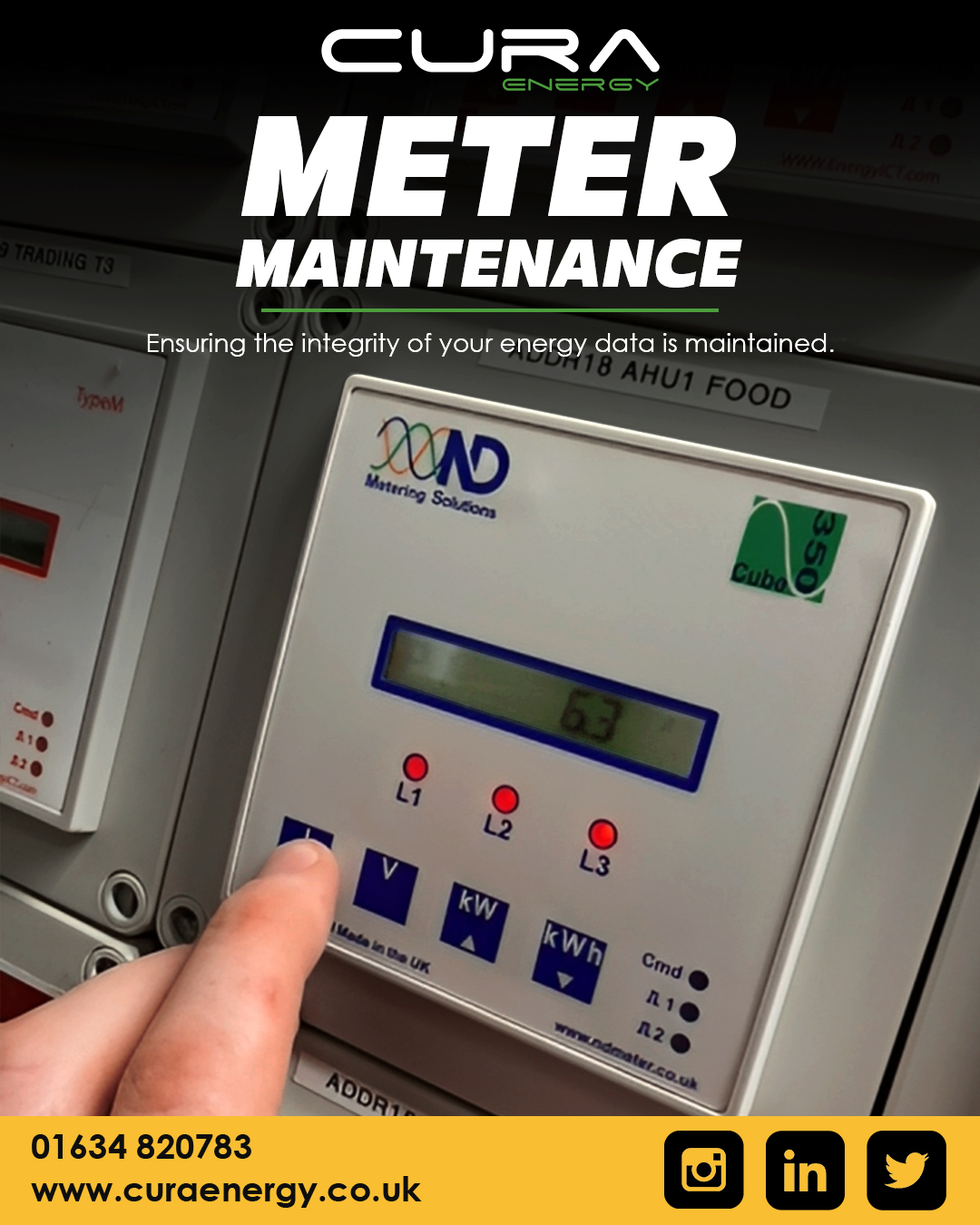Is Energy Data Integrity the Most Underestimated Factor in Key Stakeholder Decision-Making?
Strengthen the integrity of your energy data to help sway those all-important investment decisions.
Day in and day out, the meters of your energy monitoring system are collecting important data about the energy consumption of your building’s supplies. If these meters are not regularly monitored, reviewed and (if there is a problem) fixed, then the data that these meters is producing becomes inconsistent, inaccurate and incomplete – in other words, it lacks data integrity.
Low data integrity can be detrimental for the health of your business; inaccurate or incomplete data can deter key stakeholders from investing in energy-related business decisions.
In this article, we will discuss how you can use energy data integrity to secure investment from your key stakeholders.
Who are your key stakeholders?
Key stakeholders are individuals, groups or organisations that invest in a project or business venture and are therefore directly impacted by the outcome (see article here: https://www.projectmanager.com/blog/what-is-a-stakeholder).
For a supermarket chain, key stakeholders might be financial institutions, for a school, a key stakeholder might be the Government.
Regardless of who your business’ key stakeholders are, it is important to impress them with accurate, well-presented data to secure their investment for your projects. This is especially true for energy investments, as Net Zero targets imposed upon businesses right now make securing investment for energy-related business improvements absolutely crucial.

What are key stakeholders looking for?
When asked to invest, key stakeholders are looking for the data that backs up your claims. They need to know that as a result of investing in your business they are going to see extended profits. If there is no data present as evidence to back up your claims, they are unlikely to invest.
If you are pitching for an investment in energy efficiency (e.g. replacement heating system, energy efficient lighting, etc.), then the data that key stakeholders are looking for will be coming from your meters. It doesn’t matter whether this data is coming from your heat meters, secondary water meters, or electric sub meters - if your meters are not regularly monitored (and if necessary, maintained), then the energy data that they are producing is likely to be either inaccurate or incomplete. This will limit your chances of securing investment from key stakeholders.
How can I ensure that my energy data has integrity?
To ensure that your energy data remains complete, consistent, and accurate, it is important to have a maintenance contract in place where Experts regularly inspect and review your meter readings to keep your meters running like clockwork.
With our Meter Maintenance Service, our Experts regularly check your meter readings to spot any abnormalities. These routine check-ups on your building’s meters are designed to give you confidence in the integrity of your data, as faults are spotted early and rectified by our Engineers before the faults can make a detrimental impact on your energy data.

So now that I have energy data integrity, how can I use this to secure investment from stakeholders?
If you have taken out a maintenance contract like our Meter Maintenance service and have confidence in the integrity of your energy data, you can then adopt the ‘situation-complication-resolution’ framework as a pitching technique to persuade your key stakeholders to invest.
To demonstrate this framework, we will use the example of a business that wants to secure investment from key stakeholders to fund the replacement of their heating system.
• This business’ ‘situation’ is their faulty heating system. The data from their heat meters can be used to prove that their heating system is faulty in their pitch.
• Their ‘complication’ is that their faulty heating system is holding their business back from achieving its sustainability goals. Eventually, it will detract from business and stakeholder profits too.
• The ‘resolution’ will round off this business’ pitch and will be a solution to the ‘complication’ mentioned at the beginning. It will benefit both the business and the stakeholder. In the case of this example, the resolution would be an investment in repairing/upgrading the business’ heating system, and will have been secured using the integrity of the business’ energy data.
Energy data can also be used to prove that the investment was worthwhile after the new equipment has been installed by using comparing the data from before and after the installation.
Meter Maintenance is key
Key stakeholders are more likely to invest if there is clear evidence presented to them in the form of data. Well monitored and maintained meters will ensure that the data used in your key stakeholder pitch has the integrity to make investment viable.
You can find out more about our Meter Maintenance service here by contacting us today.
